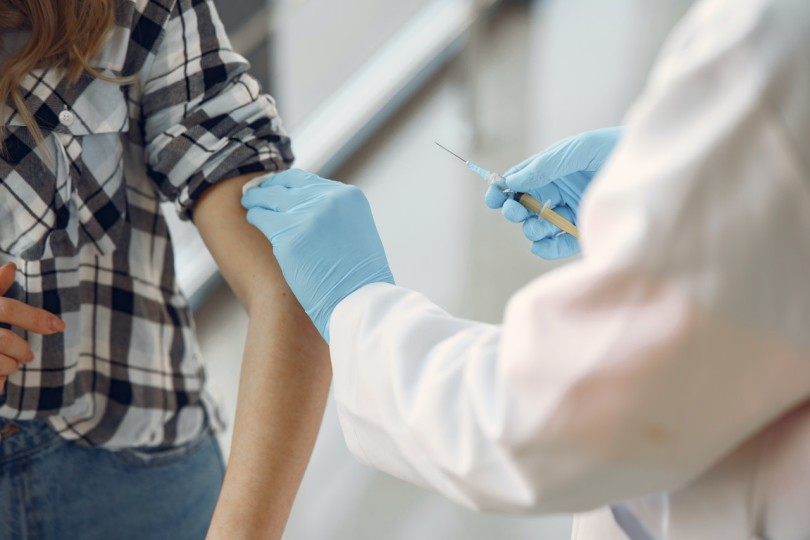How does Battery Energy Storage work?
19 Apr 24
Enviro ChatThe Global News Source for the World of Science and Chemicals
31 March 2021
Lab Chat
The UAE’s vaccination programme is progressing well and is hoping to achieve herd immunity in the not-too-distant future, according to a senior official involved in the process. Dr Hanan Al Suwaidi, who currently serves as the Chair of Testing Stream at the COVID-19 Command and Control Centre, says there has been “great progress across the country.”
The latest statistics show that over 60% of the eligible Emirati population has already received at least one dose of the vaccine so far. With the scientific community reaching a general consensus that a threshold of around 70% is needed to achieve herd immunity, that milestone should not be too far away.
As countries across the globe look to inoculate their population against coronavirus, it’s important to ensure that people are getting the vaccine who need it most. That means those at a higher risk of experiencing serious symptoms – either due to age, underlying health conditions or other medical reasons – are inoculated first.
It’s also important that people who are exposed to potential carriers of the disease on a more regular basis (such as frontline workers employed in the medical industry or those in supermarkets, pharmacies and other stores) are also given priority when it comes to distributing the vaccine.
Only once those persons have received their first dose of the vaccine will it be open to the general populace. According to Dr Al Suwaidi, that could happen as early as the end of the first quarter of 2021. At present, one of the vaccines (Sinopharm) and two others (Oxford AstraZeneca and Pfizer Biotech) are only open to 16- and 18-year-olds respectively, but the authorities are monitoring the situation to see if younger members of society can be safely inoculated in the future.
Doses of the AstraZeneca vaccine are currently being administered at 10-week intervals, as per the latest guidance from the Oxford Vaccine Clinical Trial Team. The reasons for that are that the second dose of the vaccine is proving to be far more effective if it is given a longer incubation time.
For example, a 4-week interval between doses was showing efficacy of just 55% in clinical trial patients. However, when the interval was doubled or even tripled, the efficacy sprang up to 80%. Thankfully, the effectiveness of the first dose does not seem to be compromised by this longer window either, meaning that a 10-week interval appears to be the optimum option. It also gives the authorities more time to procure the necessary dosages.
Dr Al Suwaidi was very clear that although the current progress being made by the UAE is highly encouraging and that herd immunity will hopefully be achieved sooner rather than later, there is still no room for complacency. That means that all Emiratis are encouraged to take adequate precautions to prevent the spread of the disease, including the wearing of PPE, social distancing and practising proper hygiene.
DOWNLOAD PDF

2 Day Seminar Program
@ ArabLab+ 2024
24 & 25 September 2024
Your stay in Dubai
Labkit
Product News
Chemkit
Product News
Thinking about exhibiting at ARABLAB 2024? Watch our video to find out more.
Join the world’s leading organisations…
Join our mailing list and receive the ARABLAB newsletter and event updates.